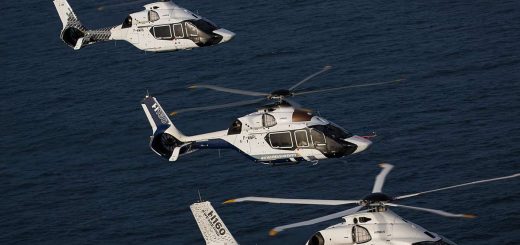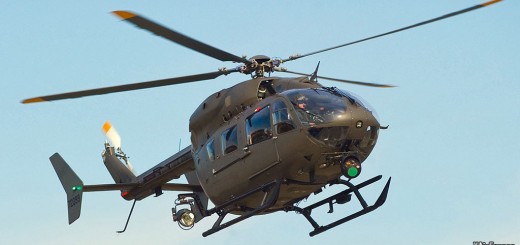Canadian CF-18 Hornet Jets drop first bombs on Islamic State stronghold in Syria
Canadian warplanes have dropped their first bombs in Syria, pounding a target close to the headquarters of Islamic State forces.

Royal Canadian Air Force CF-18 Hornets break away after refueling with a KC-135 Stratotanker assigned to the 340th Expeditionary Air Refueling Squadron, Thursday, Oct. 30, 2014 over Iraq. (Staff Sgt. Perry Aston/The Canadian Press)
Two CF-18 fighters were part of a U.S.-led strike against an Islamic State garrison near Raqqa on Wednesday.
The target was a former Syrian military installation that had been taken over by the ISILs.
This expansion of Canada’s role in the fight against Islamic State forces comes nine days after the House of Commons authorized the move. Stephen Harper’s Conservatives used their Commons majority to pass a motion March 30 endorsing an extension of the military deployment for one year and authorizing war in Syria. Canadian planes have been bombing Iraq for six months.
The government also revealed that Wednesday wasn’t the first time Canadian planes had crossed into Syrian airspace.
The Department of National Defence said that CF-18s had already flown over the Arab country on three previous occasions to acquaint pilots with their expanded theatre of war.
“Air sorties provide valuable opportunities to assess new areas of operation,” the Department of National Defence said by way of explanation.
The Syrian city of Raqqa is considered home base for Islamic State militants who cut a swath of destruction across Syria and Iraq last year.
The Harper government estimates its mission against Islamic State will cost Canadians more than a half-billion dollars by March, 2016.
Both major opposition parties, the NDP and Liberals, voted against extending and expanding the deployment.
Syria has not explicitly asked Canada to enter its airspace, but Mr. Harper announced last month that Ottawa doesn’t feel it needs permission because Islamic State forces have been fleeing to Syria to escape air strikes in Iraq.
The Department of National Defence says a total of 10 coalition aircraft, including six from the United States, took part in the Raqqa-area strikes. It said Canadian Armed Forces air crew and aircraft returned safely to base in Kuwait.
“Canada is helping to ensure that ISIL has no safe haven,” Defence Minister Jason Kenney said via Twitter Wednesday, using another name for Islamic State.
“This first air strike under the expanded mandate demonstrates our government’s firm resolve to tackle the threat of terrorism against Canada and to promote international security and stability,” he said in a statement.
Mr. Kenney insists Canadian jet fighters will face no greater risk waging war in Syria than they encountered over Iraq despite the lack of ground support, the presence of Syrian anti-air defences and the fact air crew are much farther from friendly forces if their planes crash there. A Jordanian pilot who crashed in Syria last December was taken hostage and burned to death by Islamic State militants.
The Canadian military says plans are in place for a rescue should something go wrong. “Our personnel are well trained, well equipped and operating with military partners that have been contributing combat search-and-rescue capabilities in both Iraq and Syria since the beginning of the air campaign last fall,” Brig.-Gen. Daniel Constable said last week.
Canada’s mission against Islamic State also includes two surveillance planes, an aerial refueller and 69 special forces soldiers helping Kurdish fighters in northern Iraq push back Islamic State fighters.


















